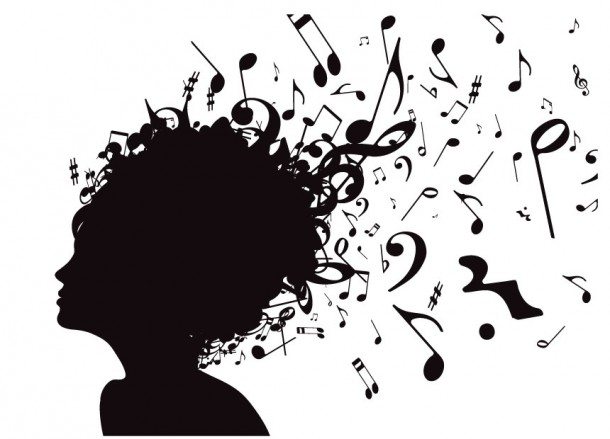8 Ways Music Can Benefit Your Mental Health

Music improves mental health
Music can have an enormous impact on our mental health. Whether it’s putting us in the mood to work, energizing us to exercise, or calming us down after an argument, music can help make our lives better. If you’re looking to improve your mental health through music, here are 8 ways that music can benefit your mental health.
1) Soothes the Body
Even just listening to music can have a calming effect on your body. Studies show that music can help lower blood pressure, increase heart rate variability, and lower cortisol levels. It’s no surprise then that music is often used as part of therapy and care for people with dementia or Alzheimer’s Disease. Listening to your favorite songs can reduce stress levels. thepirateproxybay.com lets you download and listen to free music.
2) Lowers Anxiety
The relaxation provided by music is likely a combination of physiological and psychological factors. It’s not fully understood how it works, but studies have shown that music lowers anxiety, whether in stressful situations or during meditation. One 2014 study found that women undergoing in vitro fertilization who listened to music on headphones felt less anxious than those who didn’t listen to anything. And people suffering from post-traumatic stress disorder (PTSD) often find relief through music therapy.
3) Helps with Pain Management
Listening to music that you enjoy has been shown to significantly reduce pain, especially when combined with other forms of distraction. The reason for its effectiveness isn’t yet fully understood, but experts think it has something to do with a release of dopamine. And whatever the chemical explanation may be, there’s no denying how effective it is in practice—it works at least as well as painkillers in many cases! So whether you need help dealing with chronic or acute pain, listen to your favorite song or album today and notice how much better you feel afterward.
4) Boosts Creativity
Want to have an idea you can’t seem to get out of your head? Play a song you like. The rhythm of a music—especially one with a driving beat—can tap into your brain waves, stimulating an aha! Moment and pushing you to think outside the box. As people who work at home can attest, there are many benefits to having music on while working—you may even find yourself focusing better than if you were in a crowded coffee shop or office. Overall, background music may be beneficial because it blocks distractions and allows us to concentrate more fully on our tasks at hand.
5) Reduces Depression
Listening to music is a great way to reduce stress, depression, and anxiety. It increases your energy level, helps you work through feelings and emotions that may be causing problems, and improves your general outlook on life. Studies have shown that people who listen to music daily feel happier and less stressed than those who don’t. If you feel depressed or simply need something to cheer you up, put on your favorite CD or MP3 player and listen while you do household chores or run errands. You will feel better in no time!
6) Relieves Stress
Whether you need something to play in your headphones while you’re working or trying to wind down at night, music is a great way to relieve stress. Whether you’re listening to classical or R&B, music is proven to lower your blood pressure and reduce heart rate when practiced regularly. When it comes to mental health, music helps more than just our physical health; it also helps reduce anxiety and combat depression. By turning on your favorite tunes and listening as often as possible, you can improve your overall mood while healthily decreasing stress.
7) Increases Happiness
Listening to music is a cheap and easy way to increase your happiness. Listening to your favorite songs on repeat will not only increase your happiness levels but will improve memory and cognitive function by increasing blood flow and oxygen. Music is so powerful that some studies have found listening to songs can decrease pain, lower blood pressure, and help people relax after a stressful situation. Studies have also shown that listening to music can increase neural activity in other parts of your brain, directly correlates with increased levels of dopamine, serotonin, and endorphins. All those feel-good hormones that make you happy!
8) Improve Concentration and Memory Skills with Music
If you have trouble focusing on one task at a time, you might find that listening to music while working helps improve your concentration. A study from Ghent University found that participants could concentrate longer when they listened to music. Their short-term memory was also better than those who didn’t listen to any tunes. Listening to music can help improve your long-term memory by building stronger brain connections. By listening frequently and consistently, you can boost neuron growth and promote more efficient learning of new information later on. Make it a habit of listening to music while studying, reading, or completing tasks where you need strong focus and attention.
Conclusion: Music is an integral part of life that it cannot be denied. From making us feel confident to help reduce stress, the benefits of music are many and varied for anyone who wants them. You can use music in whatever way you want; whether it’s finding ways to decompress after a long day or to improve your mood during a tough time, music helps all sorts of people achieve what they want from it!



